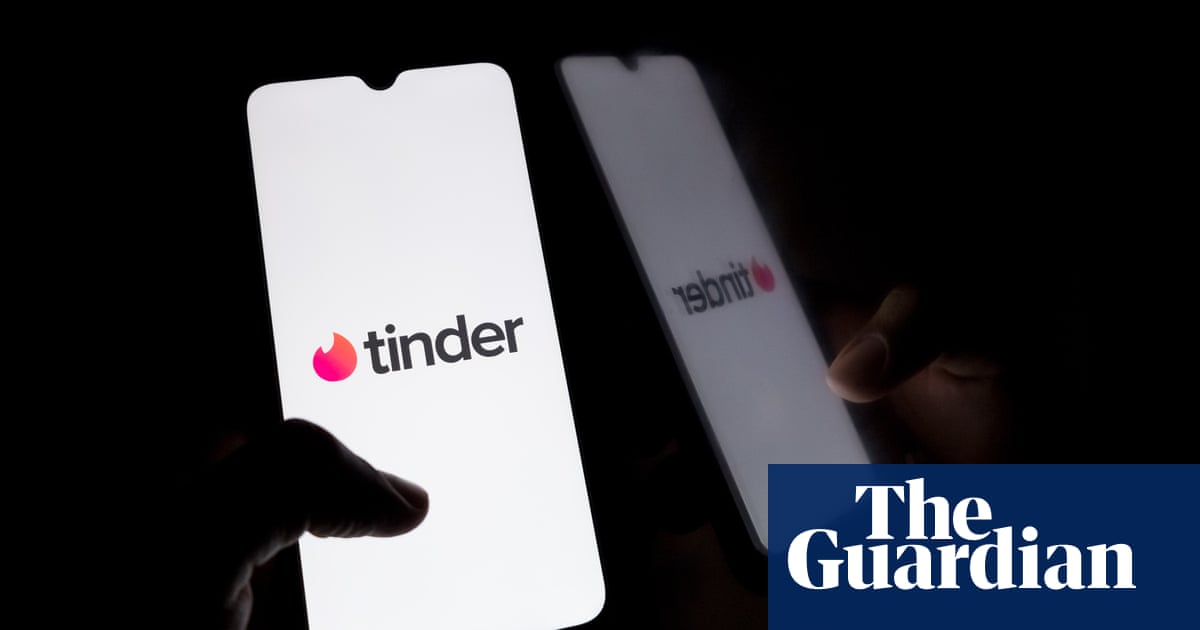UK Dating Apps Swipe Left as Gen Z Seeks Real-Life Romance
The UK’s online dating scene is undergoing a noticeable shift, as younger generations increasingly turn away from popular apps like Tinder and Hinge, opting instead for real-life connections. The UK’s communications watchdog, Ofcom, reports a decline in usage of the top four dating apps since 2023, signaling a potential turning point in how young adults are finding love.
This trend highlights a broader shift in dating preferences among Generation Z, those born between the mid-90s and 2010.
A Decline in Digital Dating?
Ofcom’s annual "Online Nation" report reveals a drop in users across major dating platforms:
- Tinder lost 600,000 users
- Hinge shed 131,000 users
- Bumble declined by 368,000 users
- Grindr fell by 11,000 users
Despite the decline, the overall engagement with dating services remains relatively stable. Nearly 5 million adults, roughly one in ten, visited a dating service in May 2024, a figure comparable to the same period in 2023.
The “Meet Cute” Makes a Comeback?
Experts suggest that the “novelty” of dating apps may be waning among Gen Z, who are increasingly drawn to the allure of organic, in-person encounters.
"There is a growing romanticisation of in-person meeting and interaction. The ‘meet cute’ is becoming a trope in how people on social media talk about romance," explains Luke Brunning, who leads a research network at the University of Leeds studying online dating ethics.
Brunning’s research supports Ofcom’s findings, indicating that while dating apps remain a tool for young people seeking relationships, they are no longer the sole pathway to connection.
"Very few of them are turning to the apps as an exclusive means of setting up an in-person meeting. It’s much more fluid now,” Brunning adds.
Navigating the Dating Landscape: Challenges and Adaptations
While dating apps still hold a prominent place in the dating landscape, particularly for younger demographics – reaching 18% of 18- to 24-year-olds and a comparable percentage of 25- to 34-year-olds – they face new challenges.
-
App Fatigue: The sheer number of dating apps available can be overwhelming, leading to app fatigue and a sense of distrust among users.
-
Safety Concerns: Issues like unwanted attention and harassment, particularly for female users, are a significant concern.
- Authenticity Cravings: Gen Z seeks genuine connections and a less pressurized dating experience.
Responding to the evolving preferences of younger users, Match Group, the parent company of Tinder, acknowledges the need to adapt its approach. The company has stated its intention to focus on "shaping an in-app experience that resonates better with today’s younger users", emphasizing a desire to create "a lower-pressure, more authentic way to find connections."
The Rise of Niche Platforms
Interestingly, Ofcom also observed the emergence of new players in the dating app market. Two gay dating apps, Sniffies and Scruff, are now among the top 10 most popular apps, highlighting the growing demand for more specialized and inclusive platforms.
What Lies Ahead for the Future of Online Dating?
The future of online dating appears to be heading toward a more nuanced and multifaceted approach.
While dating apps are likely to remain a significant part of the landscape, they will need to evolve to better address user concerns and cater to a generation that seeks authenticity and real-world connection. This shift may lead to:
-
Greater Focus on Safety and User Well-being: Dating platforms may prioritize features that enhance user safety and provide tools to combat harassment and unwanted attention.
- More Personalized and Niche Experiences: Platforms may offer more tailored matchmaking algorithms and niche communities based on specific interests, values, or demographics.
- Hybrid Approaches:
We might see a rise in apps that blend online and offline experiences, facilitating meetups and events for users to connect in person.
The changing landscape of online dating presents both challenges and opportunities for technology companies and individuals seeking connection. As Gen Z reshapes the dating scene, the industry will need to adapt to meet their evolving needs and preferences.
What are your thoughts on this emerging trend? Share your insights and experiences in the comments below!

